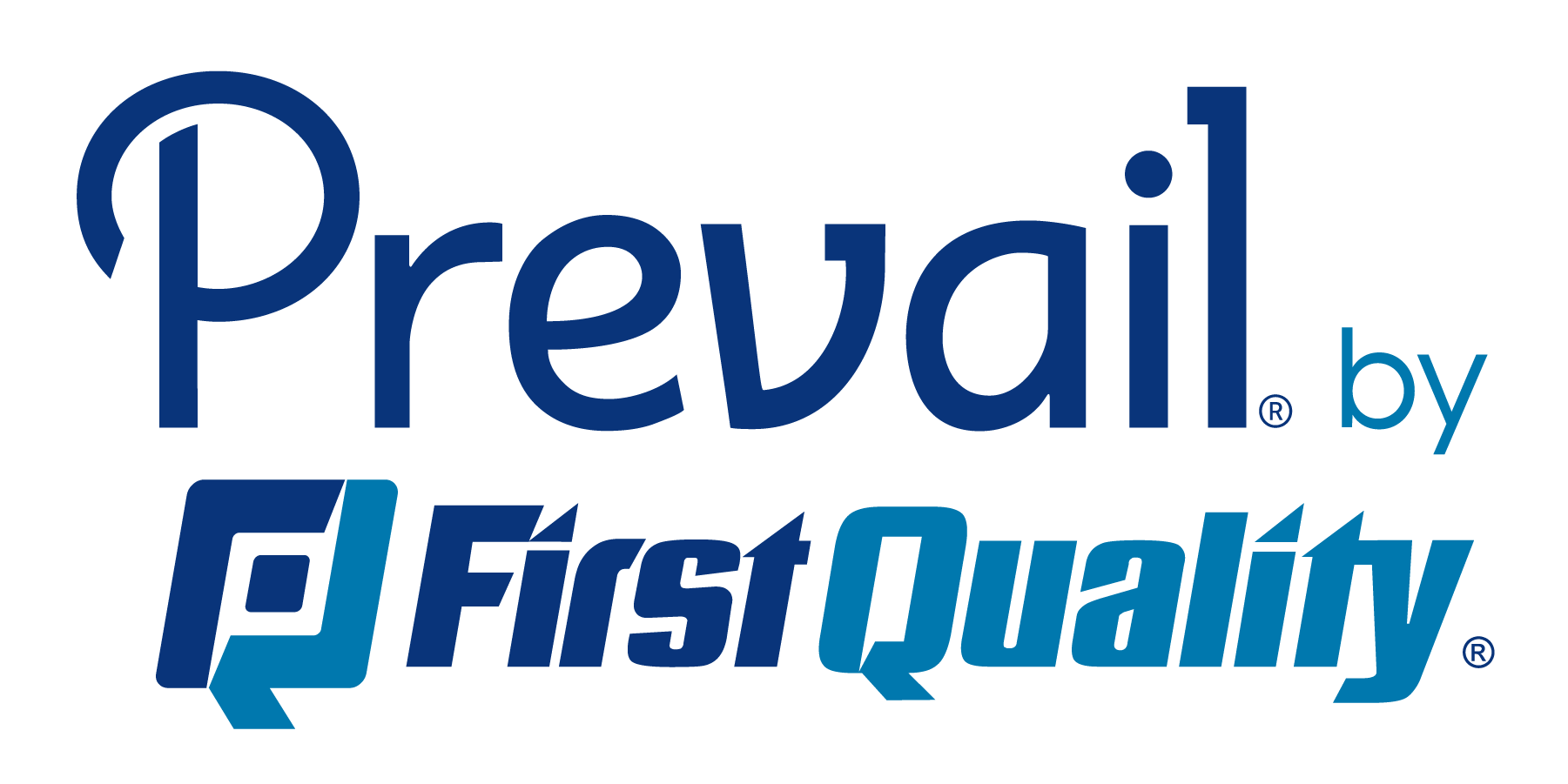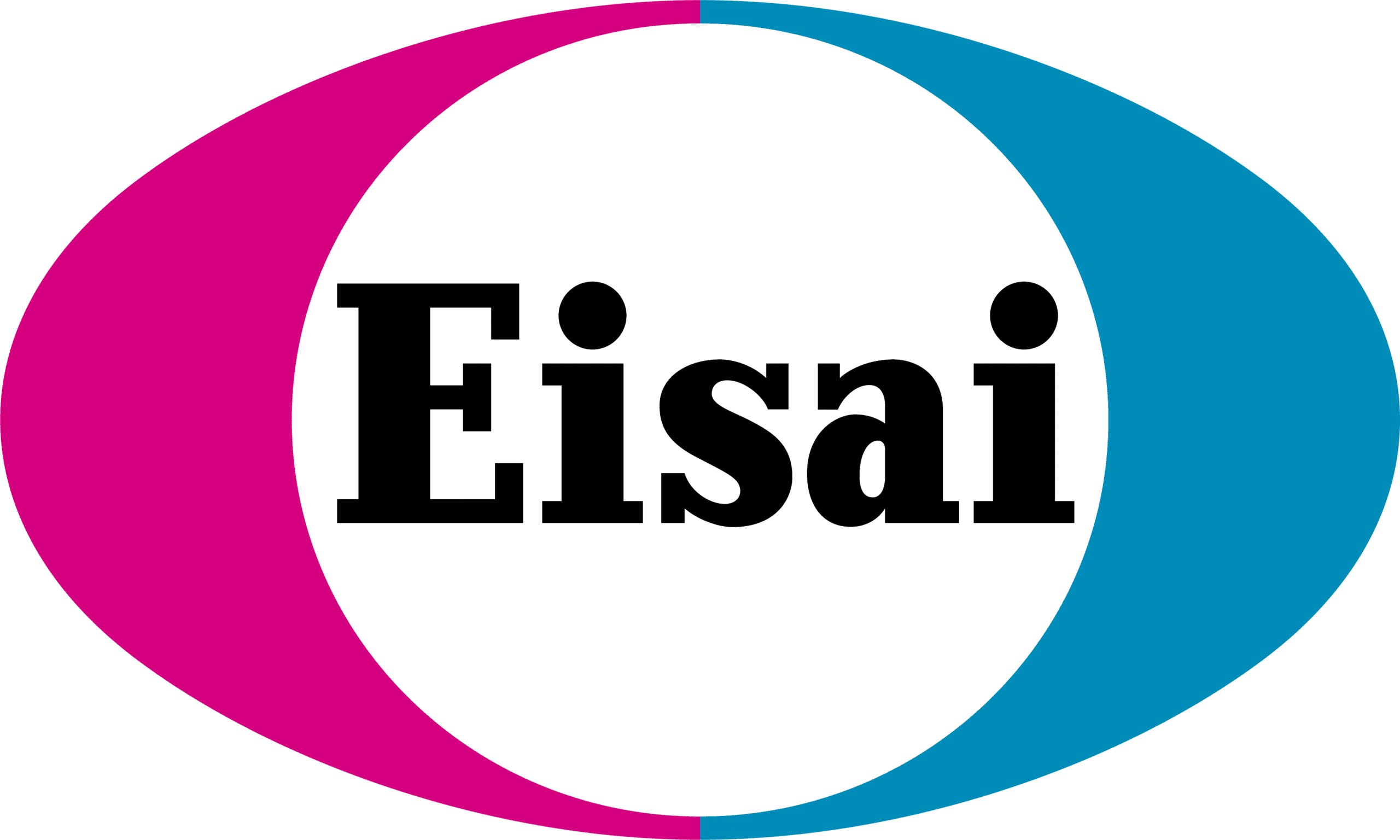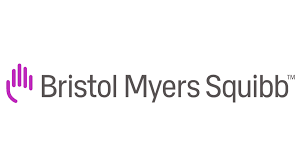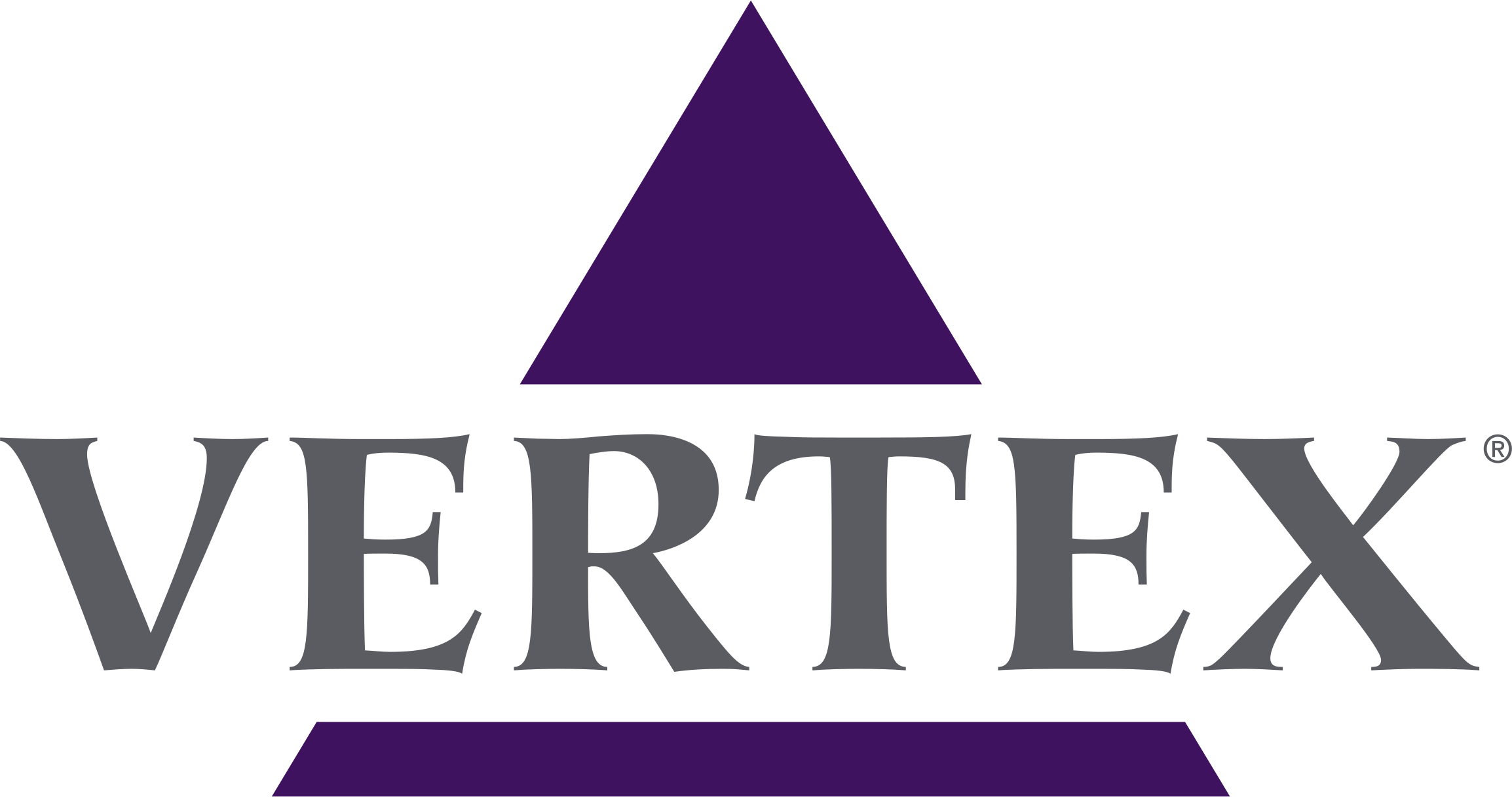
Caregiving doesn’t pause after November — and neither does the importance of staying connected to the right support. Plug-in to Care helps caregivers find trusted information, supportive communities, and practical tools that make each day a little more manageable. Whether you’re caring for a loved one this holiday season or any time of year, connection can make all the difference.
The Caregiver’s Role
Paralysis, due to spinal cord injury, stroke, neurological conditions, or other causes, presents unique challenges involving mobility, independence, prevention of secondary complications (pressure ulcers, respiratory issues, etc.), and emotional adaptation. Caregivers often need to coordinate medical care, assist with movement or transfers, adapt the home environment, support rehabilitation, and provide emotional resilience. Because paralysis often leads to lifelong change, caregivers should equip themselves with resources, peer support, and planning tools to maintain quality of life for both the person and themselves.

Top 3 Things Caregivers Should Know
Featured Resource
Ties That Bind: Caregiver Resiliency in Parent and Child Relationships
Presented by: Christopher & Dana Reeve Foundation
In parent-child relationships where one person is living with paralysis, helping one another becomes part of daily life. How do families reframe caregiving as connection, strengthen their bond, and prevent burnout along the way?
Listen in on a conversation on how expanding our definition of caregiving can deepen relationships, as well as practical ways to balance responsibilities, set boundaries, and support one another with care and resilience.
Recorded on February 11, 2026





















